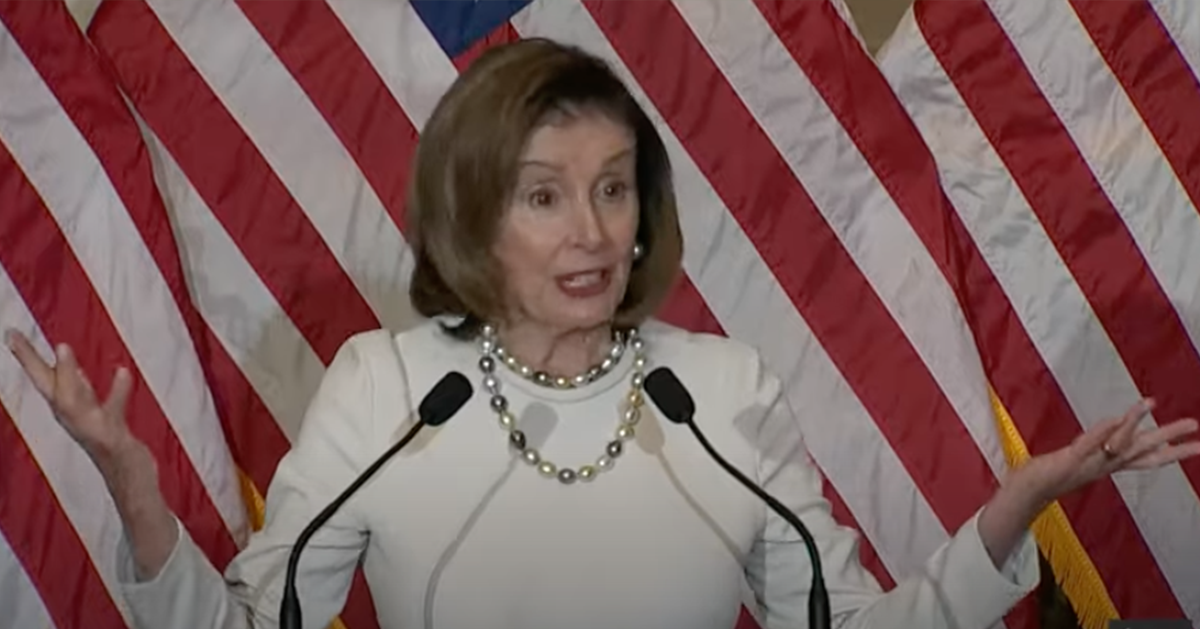China delays potential TikTok deal amid tariff tensions
The United States recently came close to securing an agreement for the spin-off of TikTok's U.S. operations into a new company owned by American investors, but the deal was stalled due to objections from the Chinese government over tariffs.
The proposed deal, approved by U.S. investors, the government, and TikTok's parent company ByteDance, faced opposition and delay from China mainly due to tariffs imposed by the Trump administration, as Fox Business reports.
President Trump recently announced additional tariffs on Chinese goods, placing a 34% tariff on top of the existing 20%. This move was part of ongoing trade tensions between the two economic powerhouses.
In the United States, TikTok faced a potential ban if it failed to transition its operations to American investors by an initialy January deadline.
However, President Trump demonstrated his support for TikTok by extending this deadline on two separate occasions.
China retaliates amid tariff battle
As the end of the most recent grace period approached on Friday, China responded with its own tariffs, imposing a 34% levy on American products.
This retaliatory measure seemed to further complicate negotiations on the TikTok deal. Trump, determined to prevent TikTok from falling victim to the aforementioned ban in the U.S., signed an executive order extending the app's ability to operate for an additional 75 days.
In an attempt to reassure both TikTok and China, Trump utilized his social media platform on Friday to express the administration's commitment to saving the app. He asserted that substantial progress had been made toward a deal and shared his willingness to engage in further negotiations to finalize the approval processes.
Trump has argued that tariffs serve as a critical economic tool, necessary to protect national security and ensure balanced trade practices between the United States and China.
His administration, Trump declared, continues to work diligently with the hopes of maintaining TikTok's presence and functioning in America.
Despite the trade-related tensions, Trump conveyed a message of good faith toward settling, emphasizing his desire to collaborate with TikTok and China. He underscored that tariffs are not only significant for economic leverage but also vital to maintaining a secure nation.
Deal hinges on resolution of trade tensions
The looming challenge, however, remains the trade friction between the United States and China, particularly with regard to tariffs. Although TikTok, ByteDance, the U.S. government, and several investors appear amenable to the business restructuring, China's reservations about these tariffs remain a key sticking point.
By extending the operation of TikTok by 75 days, Trump signaled openness to modifications that might facilitate the deal. The extension aims to allow time for further negotiations and potentially agree on a path forward that would keep TikTok accessible to its U.S. user base.
As the deadline extension unfolds, it remains to be seen whether both nations can navigate these complex trade dynamics and conclude an agreement that satisfies political, economic, and security concerns.
The world watches intently as the U.S. administration balances policy objectives and economic interests in handling the TikTok saga.
Simultaneously, this situation underscores the broader context of U.S.-China relations, as both countries grapple with ongoing trade disputes and the challenges of developing a mutually beneficial economic partnership.
TikTok anticipates resolution
With TikTok eagerly anticipating a resolution, the outcome could set a precedent for future technology and trade relations between the countries.
Equally important is the scope of potential tariff negotiations, which might pave the way for easing trade tensions or extending them, depending on the diplomatic moves in the following days.




